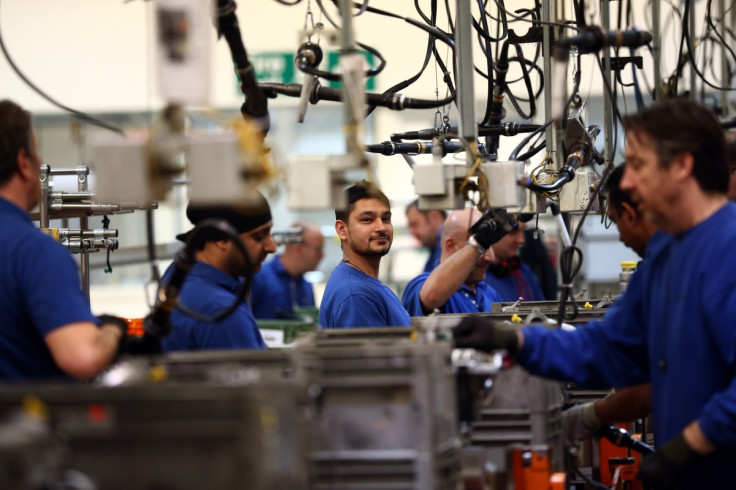UK employees 'bored at work' for over five hours a week
Workers in London and South East spend the most time bored at work during a typical week, survey suggests.

UK employees spend more than five hours a week on average bored at work, a survey suggests.
Analysis of data from more than 400 managers by recruitment firm Robert Half revealed that workers at large companies spend almost twice as many hours bored at work during a typical week compared to those at medium-sized enterprises.
Employees in London and the South East spend the most time bored at nearly six and a half hours per week, while those in Scotland are afflicted by boredom the least at just below four hours.
More than a third of managers said work was not interesting enough, while 32% said work was not challenging enough for staff. Managers also blamed a lack of diversity on offer within the role and poorly-executed meetings.
Economists have warned that the UK's productivity continues to lag behind major economies such as the US, France and Germany.
Data released by the Office for National Statistics earlier this month revealed that the hourly productivity of British workers fell 0.5% in the first quarter of 2017 compared to the preceding three-month period.
Low hourly productivity is of concern to policymakers, as it means economic growth is dependent on more hours at work or more people finding jobs at a time when the UK employment rate is already high.
"With the current skills shortage, managers need to focus efforts on keeping the role interesting to boost employee engagement and ultimately support higher retention," said Phil Sheridan, senior managing director at Robert Half.
"To ensure employees perform to the best of their ability and remain interested in their jobs, employers need to introduce greater variety by giving workers the opportunity to develop new skills or take on additional responsibilities.
"It's important to remember that employees who are more interested in their jobs are likely to make a greater contribution to the organisation and contribute to long-term success."
© Copyright IBTimes 2024. All rights reserved.






